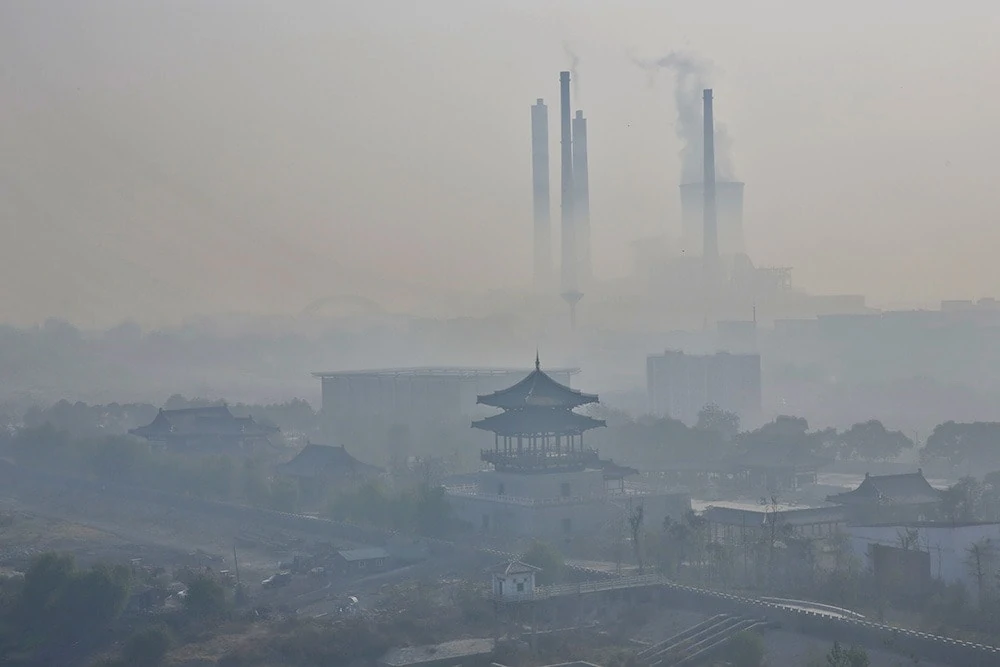An unforeseen consequence of the ongoing trade war between China and the USA is a potential rise in pollution in China this winter. As China’s policy makers aim to boost China’s economic performance following an economic downturn blamed on the trade war, they have said “bye bye” to pollution control as they dial up the output of factories to ten.
Previous plans to curb steel production and coal use in a bid to reduce air pollution, which worsens in winter months, have been scrapped. China’s northern cities rely heavily on coal-fired power and last year steel producers in four major cities were forced to half their output during winter months and reduce their coking coal by a third. Another 28 cities were also forced to cut steel and aluminium output.
This winter, guidelines have indicated less stringent caps and levels of PM2.5 particulate matter must be cut by only three rather than five percent. The easing may have been prompted by a public outcry, claimed the Financial Times. “Winter curbs on coal, including on heaters used by many residents in smaller cities and villages, left millions freezing as local governments scrambled to provide gas heating. By imposing emissions targets rather than specific production cuts, China shifted responsibility to local rather than central officials which could also weaken enforcement,” it wrote.
They have said “bye bye” to pollution control as they dial up the output of factories to ten
Elsewhere, a huge deal agreed to provide China with affordable, clean, Liquefied Natural Gas (LNG) looks to be on the rocks. China agreed to invest $43 billion into a LNG project in Alaska during Trump’s visit to China last year. Since 2016, the US has seen a boom in shale gas, leading to an abundance of LNG. This glut of cheap LNG would help wean China off dirty coal and was seen as a win-win but the growing trade war has led to China imposing a 10 percent tariff on $60 billion of goods, including LNG.
China is the second-largest buyer of LNG globally but has dialled back its purchases from the US, turning instead towards Qatar, Australia and Russia. An unfortunate consequence is that China will continue to rely more on coal than it had planned.


